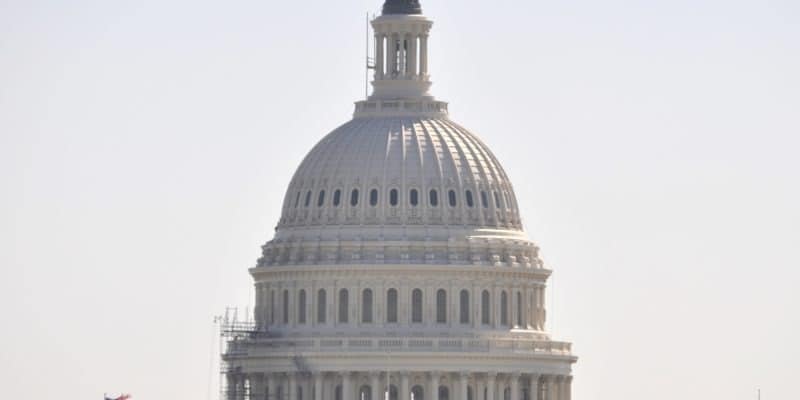FEBRUARY 28, 2018
PUBLISHED BY – Frank Manzo IV
Prevailing wage laws reduce income inequality between African-American and white construction workers by as much as 53% and help more blue-collar workers reach the middle class, according to new research by the Illinois Economic Policy Institute (ILEPI) and University of Illinois at Urbana-Champaign’s Project for Middle Class Renewal.
“While prior research has concluded that there is no relationship between prevailing wage laws and the racial composition of the construction workforce, the data clearly shows that these laws help eliminate income disparities between black and white construction workers,” said study co-author and University of Illinois Professor Robert Bruno. “African Americans employed as laborers, plumbers, pipefitters, electricians, and heavy equipment operators see the largest gains.”
Utilizing publicly-available data from the American Community Survey, the study examined construction worker earnings by race and trade, comparing the results between states with prevailing wage laws and those without. Overall, the researchers found that prevailing wage laws lift the incomes of African American construction workers by an average of 24%, and close the income gap with white workers from 26% to just 12%.
A more advanced analysis controlling for other observable factors found that states which currently do not have a prevailing wage law could reduce income inequality for African-American construction workers by at least 7% if they implemented one.



